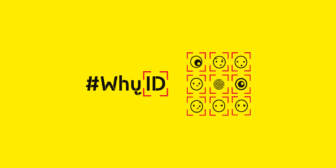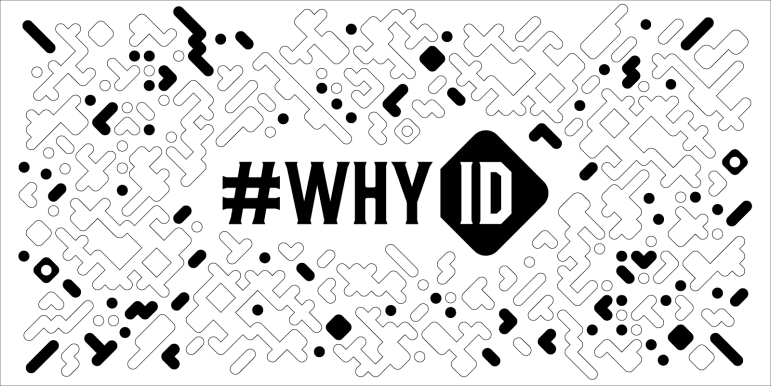PUTTING PEOPLE FIRST IN DIGITAL ID SYSTEMS
Digital identification systems are more dangerous than you think. They can undermine people’s privacy, increase surveillance, and push the most vulnerable among us further to the margins. We challenge those promoting these systems to first consider alternative solutions and, when a digital ID system is appropriate, to center human rights in its design and implementation.
#WhyID
An open letter to the leaders of international development banks, the United Nations, international aid organisations, funding agencies, and national governments
Resources
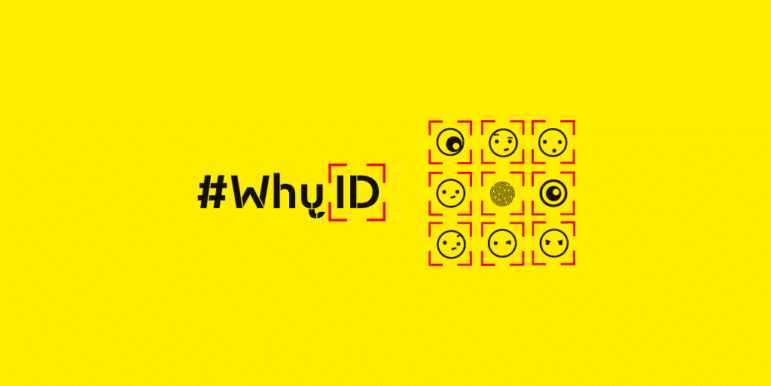
Data Protection
Open letter: World Bank and its donors must protect human rights in digital ID systems
Access Now and partners urge the World Bank to immediately stop activities that promote harmful models of digital ID systems.
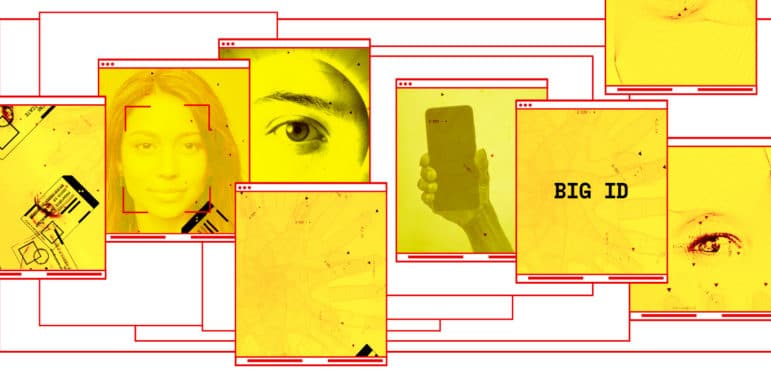
Data Protection
Busting Big ID’s myths
Big ID programs threaten our human rights yet are spreading like wildfire around the world. To buck the trend, we need to debunk the myths that propel digital ID systems forward.

Data Protection
Go back to the drawing board: Kenya must scrap unconstitutional Huduma Bill 2021
Civil society organizations are calling on the Kenyan parliament to immediately scrap the unconstitutional Huduma Bill 2021.
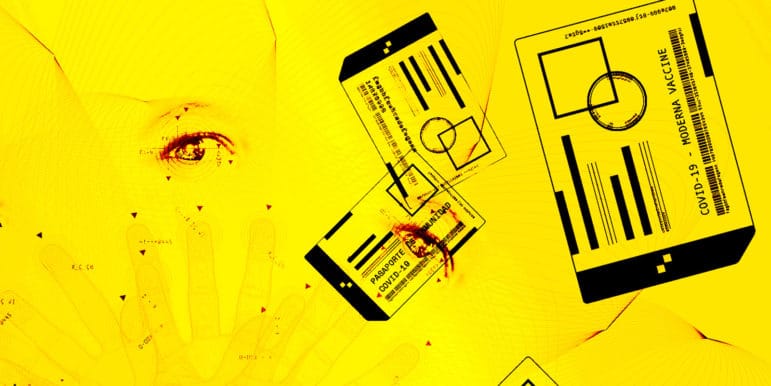
Data Protection
Biometric ID in Tunisia: a threat to privacy and data protection
Authorities in Tunisia have been deliberating over a biometric ID law that bears threats to the right to privacy & other fundamental rights.
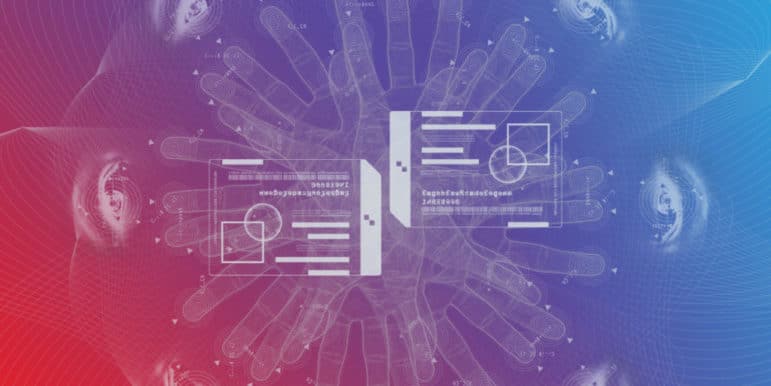
Privacy
Iris scanning of refugees is disproportionate and dangerous — What’s happening behind IrisGuard’s closed doors?
Refugees should not be required to hand over personal biometric data in exchange for basic needs such as purchasing food. However, iris scan tech is reportedly being used by the World Food Programme (WFP) and the United Nations High Commissioner of Refugees (UNHCR) in Jordan.

Digital Identity Systems
The Jamaica NIDS digital identification program: a cautionary tale
Lawmakers pushed through the Jamaica NIDS digital ID program without taking enough time to listen to civil society concerns. Here’s what other countries can learn from the flawed process.

Covid-19
Protocol for exclusion: why COVID-19 vaccine “passports” threaten human rights
As the global COVID-19 vaccine rollout gains momentum, governments are clamoring to implement measures to help the world return to pre-virus normality. This includes exploring digital vaccine certificates — or COVID-19 vaccine “passports”. Current proposals, however, threaten human rights.
What are digital identification systems?
Digital identification or “digital ID” systems are those that use digital technology to establish the identity of an individual. More often than not, they refer to systems that aim to establish the legal identity of a person through processes of data capture, validation, storage, transfer, verification, authentication, and management. This can include different aspects of a person’s legal identity as it pertains to their relationships with authorities, or only a specific aspect of it, such as voting or travel.
Why do they matter?
The deployment of digital identification systems, by their very nature, affects every aspect of human life, including the rights to education, healthcare, work, freedom of movement, and autonomy. The heightened risk of surveillance that digital identification systems entail is rapidly undermining people’s privacy all over the world, and as a consequence, pushing the most vulnerable among us further to the margins of society, deepening existing inequalities, and further harming human rights. Access Now challenges those advancing these systems to first consider alternative solutions and, where ID systems are appropriate, to center human rights in their design and implementation.
Latest Updates
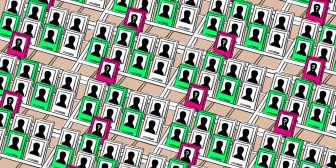
Manual del Pequeñx Vigiladx
El Manual del Pequeñx Vigiladx es una guía para ayudarte a navegar el sistema judicial en caso de sufrir una detención errónea por sistemas biométricos.

“Smart borders” and the making of a humanitarian crisis

Eight years in the making: Tunisia’s controversial Biometric ID and Passport Bills risk rights
On March 6, the Tunisian Parliament officially adopted two controversial bills related to the Biometric ID and Passport.
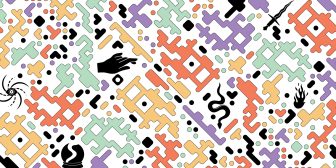
Vietnam will für neue Ausweise auch DNA-Proben sammeln
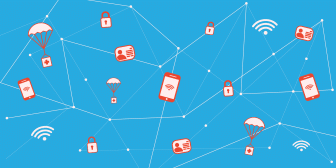
Private tech, humanitarian problems: how to ensure digital transformation does no harm
Our new report, Mapping Humanitarian Tech: exposing protection gaps in digital transformation programmes, examines how humanitarian-tech partnerships impact people and communities at risk.

Tunisia’s biometric ID project back on the table but advocates want data protection guarantees

منظمات المجتمع المدني: المنظومة البيومترية خطر على المواطن والدولة

الأسئلة المتداولة في ما يخص بطاقة التعريف البيومترية
تقدم هذه الوثيقة إجابات على أهم التساؤلات المتعلقة بمشروع قانون بطاقة التعريف البيومترية ومشروع قانون جواز السفر البيومتري الذي يناقشه مجلس نواب الشعب حاليًا في تونس.

#MigrarSinVigilancia
#MigrarSinVigilancia es un frente común para resguardar los derechos humanos de las personas migrantes desde la protección de sus datos personales.

Digital ID governance frameworks must promote inclusivity, trustworthiness, reliability

The digital identity toolkit
Developed by Access Now, this toolkit helps build the lexicon and framework around digital ID issues to facilitate a human rights approach.

We’re headed to South Korea: the when, where, and why of our next convening
We’re excited to announce that the 13th edition of the RightsCon Summit Series will be held in South Korea and online in February 2025!

An open letter to the RightsCon community about RightsCon Costa Rica and what comes next
We explain the challenges and exclusion some participants faced, apologize and take accountability for our role, and share thoughts on the road ahead.
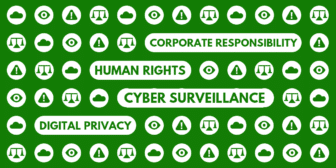
Big Tech looks the other way on Saudi Arabia’s human rights abuses

Past learnings must be ‘at the heart of implementing’ a digital identity system in Kenya
